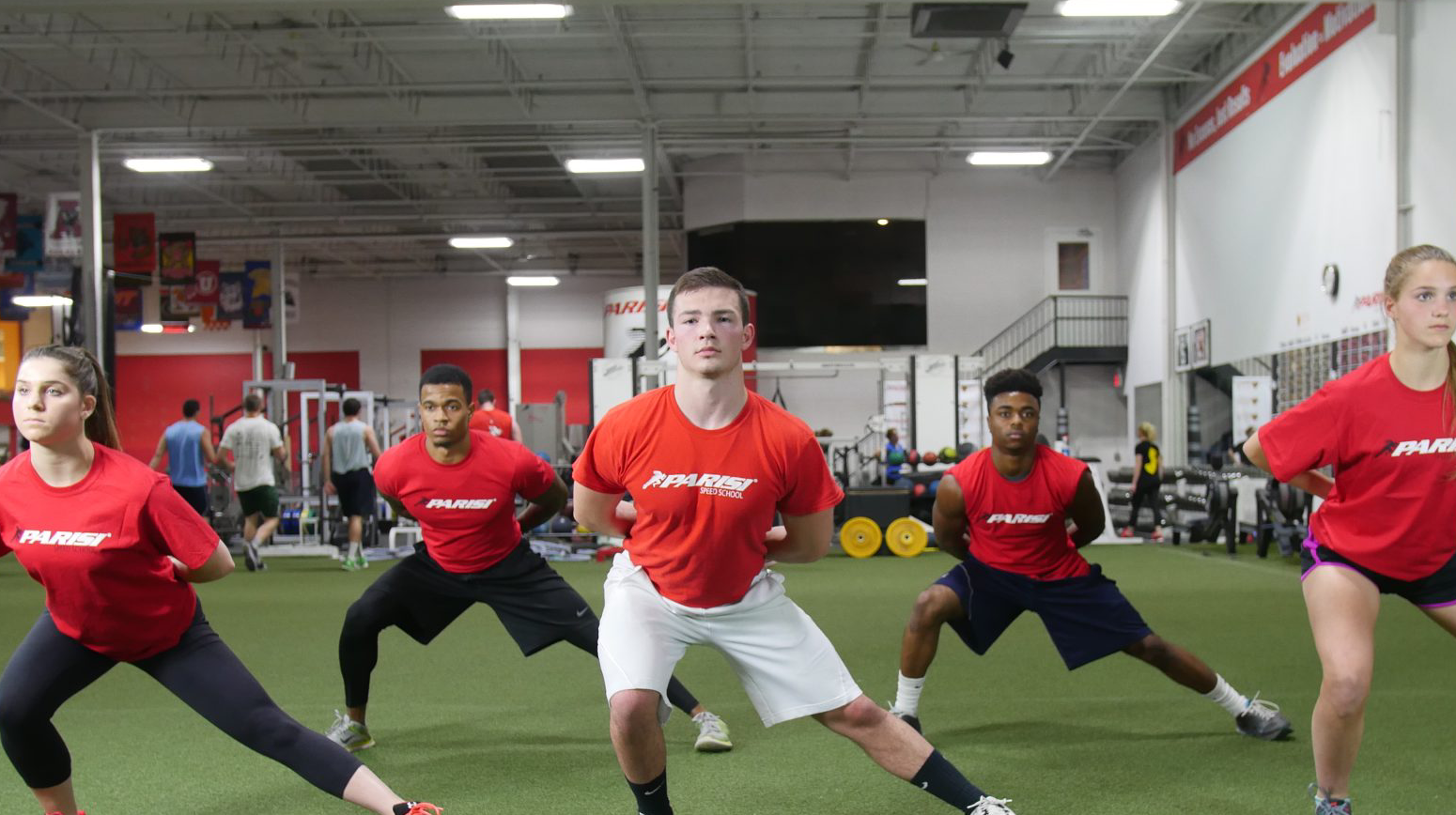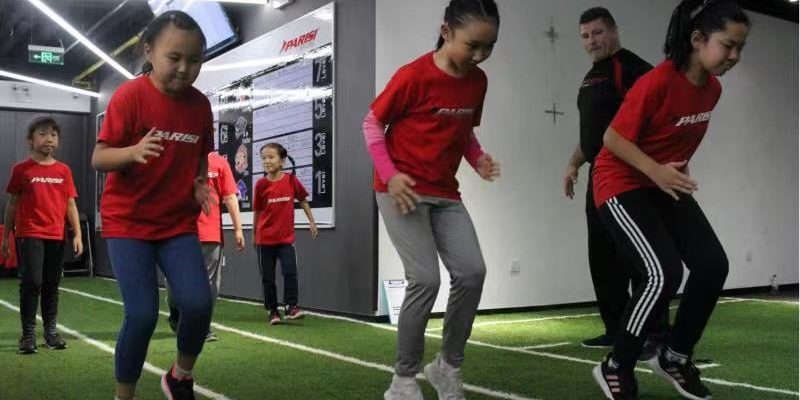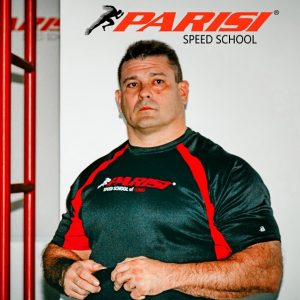I remember my first real coaching job some 30 years ago (I know I am getting old). I was horrible. I over thought everything and tried to be the perfect coach, when if I had just relaxed and been myself, I would not have been so horrible.
I was not patient with myself or the kids that were entrusted to me. Without patience, coaching can be very frustrating, and lead to burn out from the disappointment of unfulfilled expectations. Over the years since, I have tried to practice the following:
1. Don’t expect so much.
“Shoot for perfection but settle for excellence” is something I remember from one of my coaches and I believed it. The reality is, excellence might be too much for some athletes. I am not saying that we should settle for less if the athlete has the potential, but as coaches we must see the athlete where they are today. By setting the bar lower, our athletes can attain success and that builds their desire to continue to work hard. Once they see success their desire to strive for excellence will grow and over time so will their desire to perform for you as their coach.
2. Let little things stay little.
As a coach, I made mountains out of mole hills. Athletes will disobey from time to time, but that doesn’t make them bad kids. Be patient and think forward. How will the discipline you use today be seen by the athlete 20 years from now? We teach out of love and nothing else. I want our athletes to want to do the right thing not to avoid punishment, but because it is right. Show them the right way and they will do it.
3. Put one foot in front of the other.
Don’t be the coach you had; be the coach your athletes need. I constantly catch myself saying the stuff my coaches harped at me. Coaching is like a race and you must take it one step at a time. I find myself stopping and saying a little prayer – “God give me patience for these kids!” Just stopping for a moment allows me to clear my head and focus on the athletes I am coaching. Maybe they don’t understand the drill or can’t process it. You as the coach just need to slow it down until they get it. I know we must move the session forward but come back to the athlete later and explain again. Every athlete matters! The kid that is behind today could be your superstar in a few years. Coach everyone the same.
4. Think before you speak.
A good coach must learn how to respond and not react. Take a second to think about what you are about to say, and as I was taught, if it is not going to build them up, don’t say it. How many kids carry emotional baggage from “that one coach”? Be the coach they tell their children about. The one that made them feel like they could accomplish anything.
About the Author
 Chad Coy
Chad Coy
Master Performance Coach
Chad Coy has been a part of the Parisi Speed School family since signing as the 13th Franchise in 2006. A graduate of Purdue University in 1991, Chad studied Exercise Science and Nutrition. Chad still has a strong commitment to as an athlete, and has competed as a professional strongman since 1998. He has won Masters’ America’s Strongest Man “3” times and placed second at Masters’ Worlds two times after 10 years as an open Pro ,where he averaged a top 10 placing. A Powerlifter from 1994 -1998, he has also won 2 National Powerlifting Championships, 1 World Championship, and held 4 American Records and 3 World Records. Chad joined the Master Trainer program in the winter of 2014 and takes great pride in helping educate the future coaches of the franchise.


 Chad Coy
Chad Coy